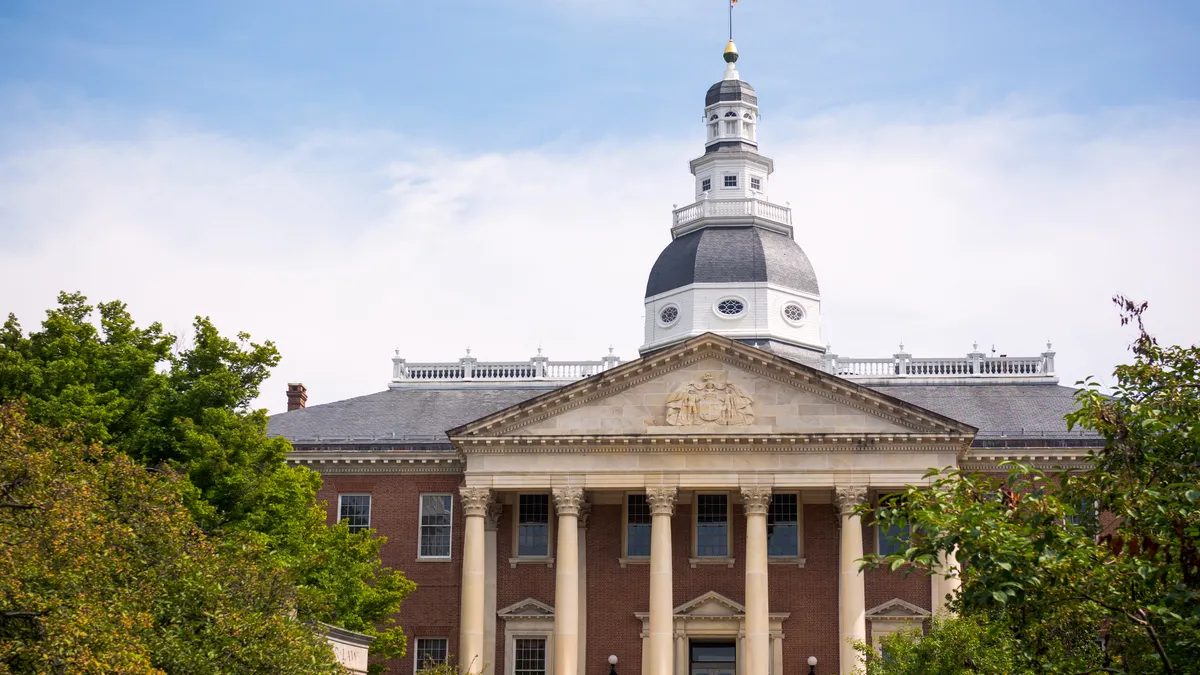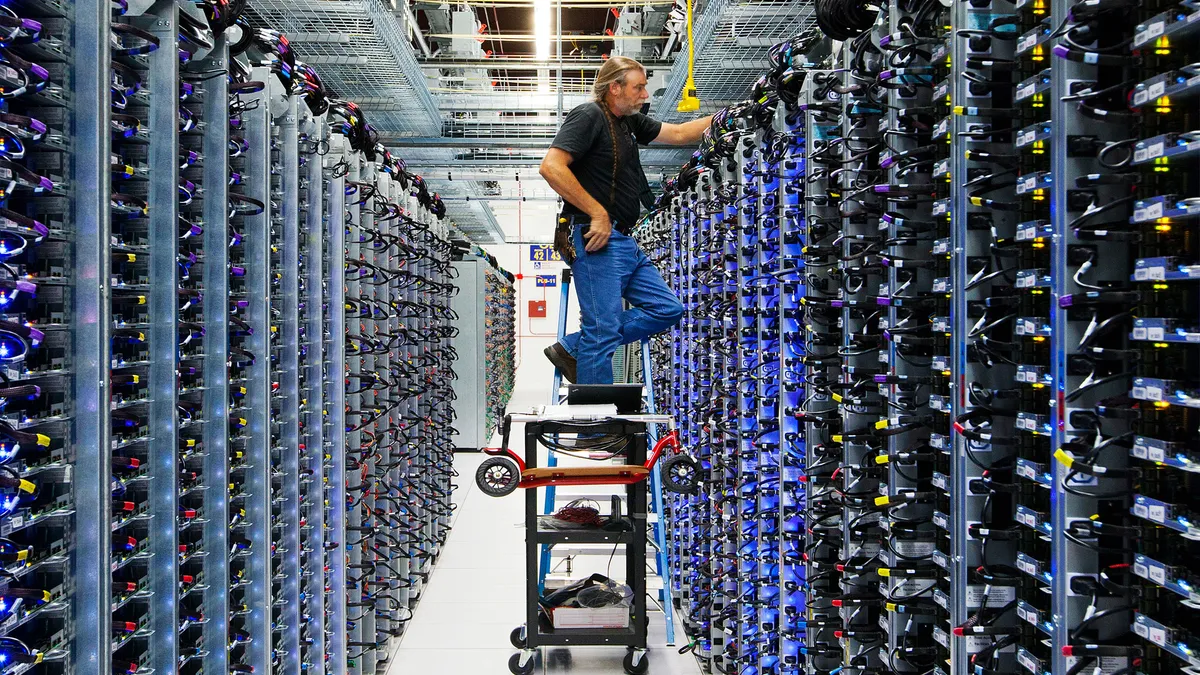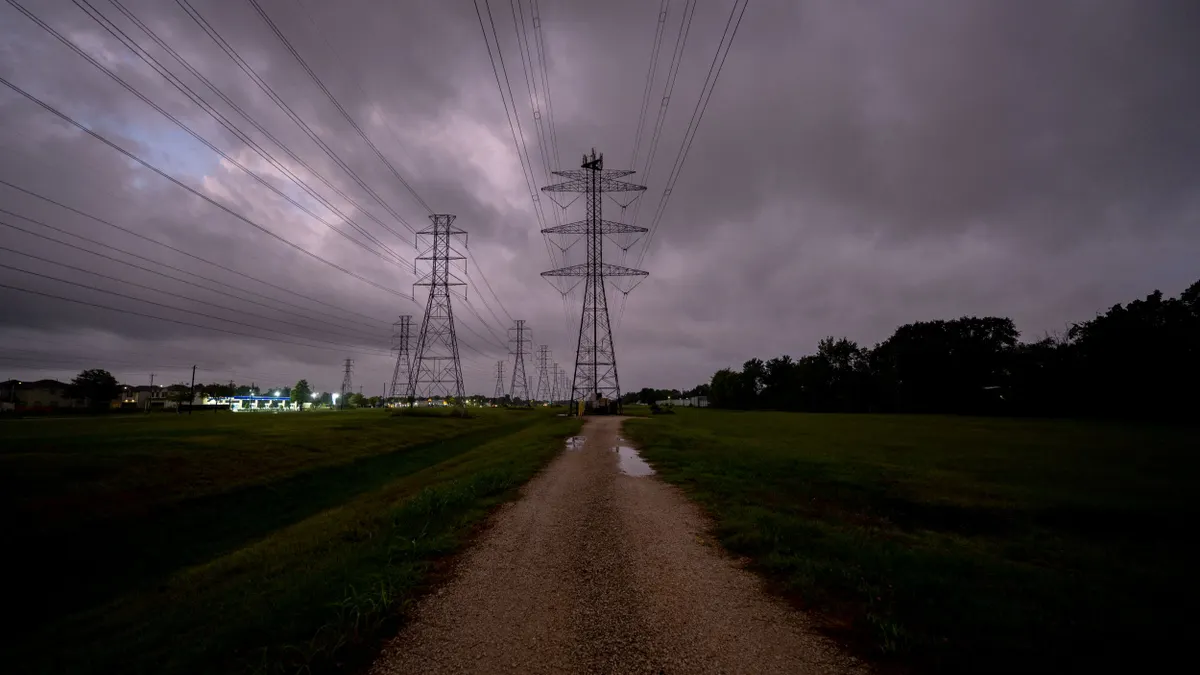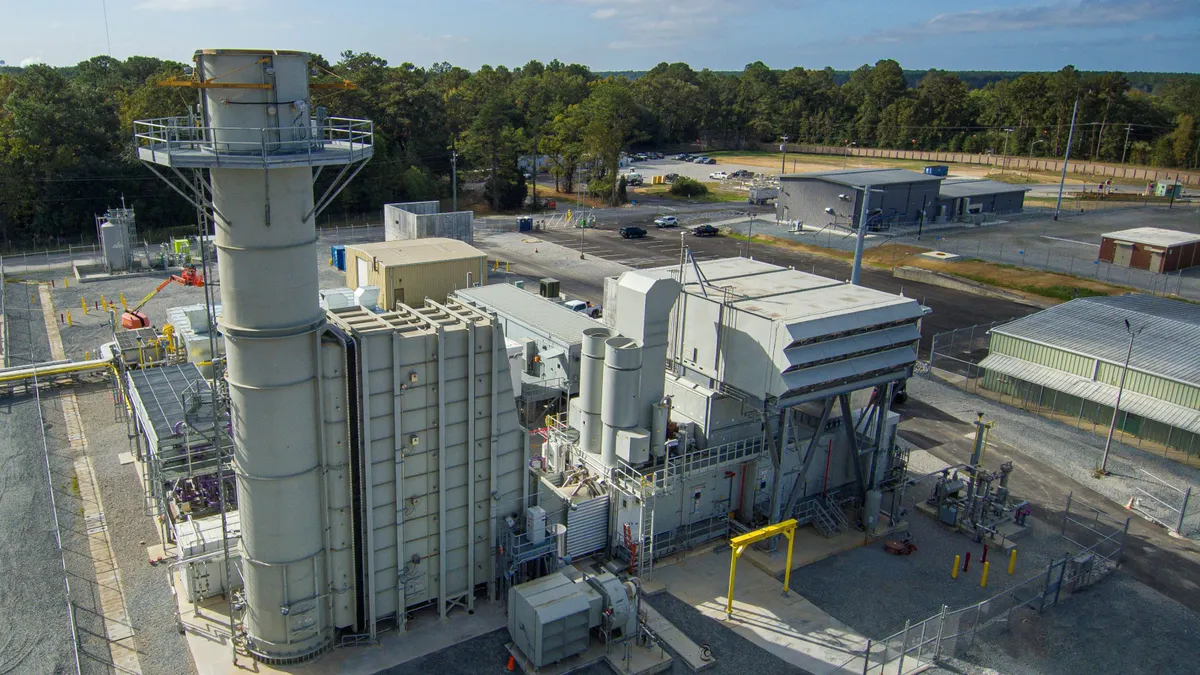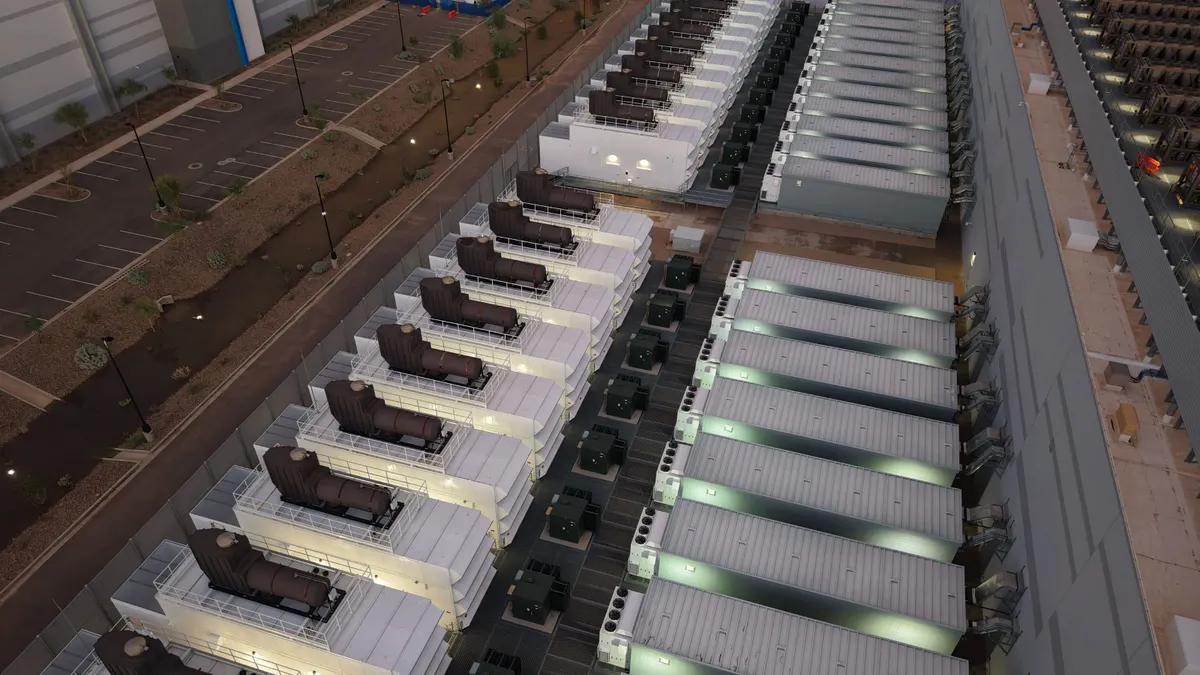Adam Dubitsky serves as state director for the Land & Liberty Coalition of Maryland, a project of the nonprofit, nonpartisan Conservative Energy Network.
Months out from the 2026 Maryland General Assembly Session, state lawmakers are already being lobbied by Exelon and its subsidiary, Baltimore Gas and Electric, to undo two decades of “deregulated” energy policy and return to the days when a single monopoly could control both power generation and the wires that carry electricity to our homes and businesses. A perennial ask of BGE, recent articles indicate the company believes the massive rate spikes coinciding with the 2025 Session will help convince Annapolis that it is time to end the Free State’s quarter-century of deregulated energy markets. This is the last thing Maryland ratepayers need.
The state’s largest power utility, BGE argues that allowing them to also generate the power they distribute in Maryland would lead to lower costs, faster deployment of new power plants, greater reliability and more renewable energy. In reality, “reregulation” would likely drive up bills, stifle competition and choke off investments in the low-cost in-state energy Maryland urgently needs.
In a recent Newsweek op-ed, Exelon CEO Calvin Butler echoed late-summer remarks by BGE’s Tamla Olivier in the Baltimore Business Journal, claiming that expanding his monopoly’s control would yield “predictable, lower costs” for ratepayers. Let’s hope state lawmakers remember that the same company now lobbying for reregulation failed to predict its own skyrocketing distribution costs that blindsided constituents earlier this year.
When utility projects run over budget, it’s ratepayers who pay. In competitive markets, solar, wind and storage developers must outbid one another, innovate and deliver on time. That competition puts downward pressure on costs. Maryland should not trade that discipline for a blank check to BGE.
Maryland boasts of being a renewable energy leader when in reality the state ranks a distant 38th nationally for its share of electricity consumed that comes from renewable sources — about 8.9%. Yet there’s no reason to believe allowing a company synonymous with cost overruns and delays to build and own power plants would help close this yawning gap between Maryland’s renewable aspirations and reality. Combined with high taxes, burdensome regulations and county-level NIMBYism, reregulation would further discourage private investment in clean energy. That means less low-cost power, fewer jobs and higher power bills for families and employers.
Contrary to the narrative of many BGE State House allies, Maryland especially needs more large-scale solar development. Even with federal incentives expiring, utility-scale solar projects built today have the lowest levelized cost of energy — the gold standard measure of a project’s economics. That is, they are the cheapest source of energy both to build and operate, and that’s as true in the Southwest as it is here in the mid-Atlantic. Faster to deploy and far less expensive than new fossil plants, or subsidy-dependent solar on commercial rooftops, brownfields or parking canopies, these projects also bring much-needed revenue to rural counties without the permanent impact of residential sprawl.
BGE’s CEO correctly notes that Maryland should generate more of its own power rather than importing from neighboring states, but the answer is not to hand the keys to a distribution monopoly.
Instead, Maryland should embrace competition, innovation and accountability from power distributors, generators and utility regulators. A good place to start would be strengthening interconnection rules, accelerating renewable permitting and ensuring competitive bidding for new capacity. This will help expand opportunities across a wide spectrum: more utility-scale solar to harvest free sunlight, battery storage solutions to bank power when it’s cheap for use during expensive peak loads, investment in demand-response technologies and upgrading Nixon-era transmission lines to today’s advanced conductors that can carry twice the power.
Lawmakers should resist letting BGE rewrite the rules in its favor. Instead, they should create a stable, predictable regulatory environment that allows private developers to compete to bring the lowest-cost, cleanest and most dependable projects online while encouraging ongoing innovation.
The choice is clear: Lawmakers can either side with Maryland families and businesses, or hand more power and control to the power distribution monopolies. It’s time to stand with consumers.


